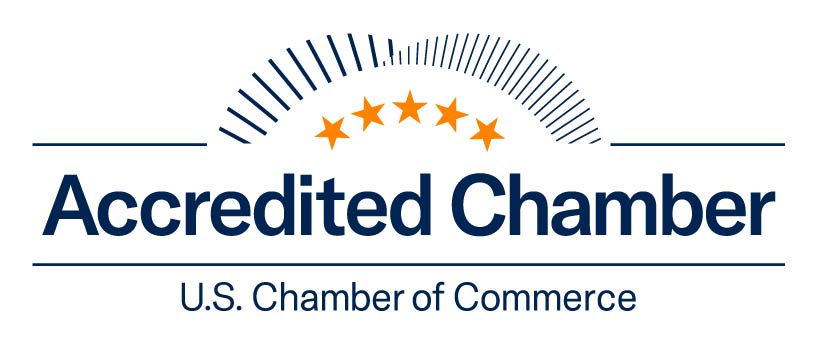The American Tax Relief Act of 2012 (ATRA)
 By Jack L. Sloan, CFP®
By Jack L. Sloan, CFP®
Tax Accountant
There was new drama on television starring our U.S. Congressional delegation as Congress sent us briefly over the “fiscal cliff”. Thankfully, January first saw the introduction of the ATRA of 2012 which permanently or temporarily extends a number of major income tax provisions. Let’s go over some of the basics – the “Cliff Notes”:
Income Tax Rates
Most tax payers will continue to pay their taxes at the same tax brackets (10%-35%) applicable in 2012. However, beginning in 2013 for “wealthy” individuals with incomes that exceed $400,000 (450,000 for married filing joint), the top tax rate will increase to 39.6%. Most will also continue to pay the same long term capital gains and qualifying dividend rates (0%-15%) with the “wealthy” paying a 20% maximum rate.
Alternative Minimum Tax (The Other Tax System)
The AMT is a separate tax calculation with its own rates and rules that aims to make sure everyone pays their minimum fair share of income tax. The ATRA permanently extends AMT relief, retroactively increasing the AMT exemption amounts for 2012, and provides exemption amounts indexed for inflation in future years.
Estate Tax (The Death Tax)
The Act makes permanent the $5 million exemption amounts (indexed for inflation) for the estate/gift tax. However, the top tax rate is increased for 2013 to 40%. It also permanently extends the “portability” provision which allows the transfer of any unused exemption amounts to the individual’s surviving spouse.
Deductions and Personal Exemptions
Beginning in 2013, personal and dependency exemptions and itemized deductions will be phased out for those with incomes exceeding $250,000 for single ($300,000 for married filing joint).
Permanent Provisions
- “Marriage penalty” relief in the form of an increased standard deduction amount for married couples and expanded 15% federal income tax bracket
- Expanded tax credit provisions for dependent care, adoption and the child tax credit
- Generous rules relating to certain education provisions, including Coverdell education savings accounts, employer-provided education assistance, and the student loan interest deduction
Temporary Provisions
- The deduction for qualified higher education expenses are all extended through 2013
- Exclusion of qualified mortgage debt forgiveness from income provisions extended through 2013
- 50% bonus depreciation and expanded Section 179 expense limits extended through 2013
What’s the new season of drama? The battle over the raising of the debt ceiling of the United States and the possible spending cuts that may be required to get the deal done-stay tuned!
Jack L. Sloan, CFP® serves on the Board of Directors of the Jefferson Chamber. He can be reached at his Metairie office at (504) 835-2014.
This is only a brief summary of some of the provisions of the American Taxpayer Relief Act of 2012 and was obtained from sources believed to be reliable; however, its complete accuracy is not assured.
Circular 230 Disclosure: Any advice included in this article is not intended or written to be used and cannot be used for purposes of avoiding tax or tax penalties that may be imposed on any taxpayer.


